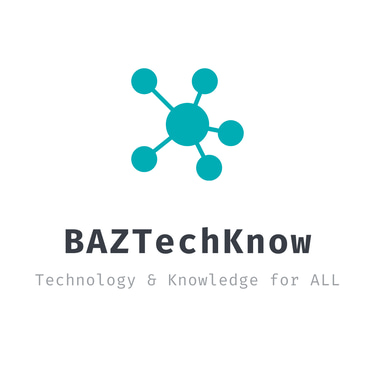50% Doscount for BAZTechKnow Alumni on Upcoming Ansible & Jenkins Course | BAZTechKnow - Your career GROWTH partner!
DevOps and Cloud Computing; How to choose your Path
In this post we will see what is the difference between DevOps and Cloud Computing This post also aims to explore the possible career paths one can choose after choosing each path so one can make his mind and goals clear about his learning
Mahnoor Musharraf
9/4/20246 min read
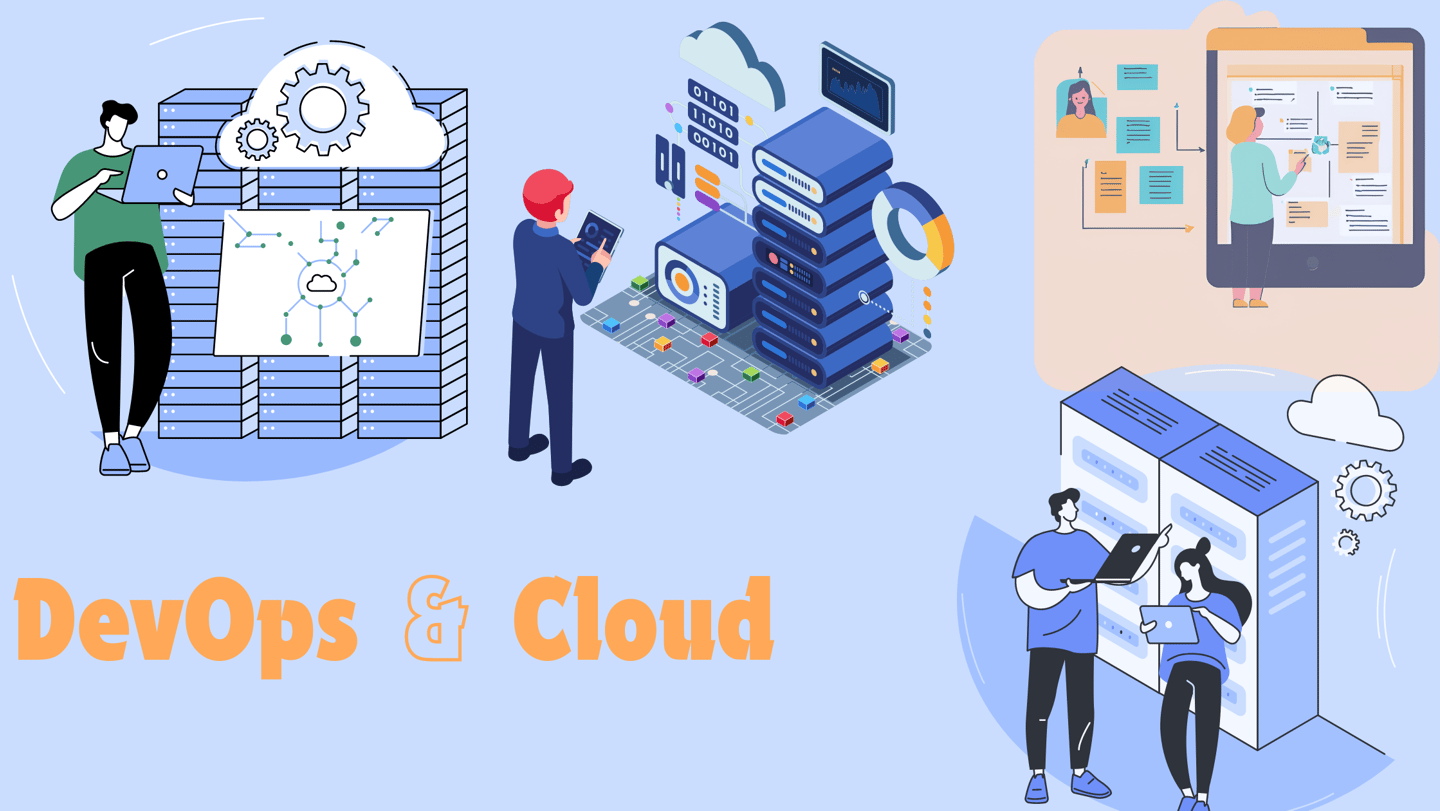

DevOps, a collaborative approach uniting development and operations, empowers teams to streamline application planning, development, delivery, and operations. By fostering collaboration between formerly siloed roles and adopting a culture of continuous improvement, DevOps accelerates the delivery of high-quality products. When combined with the agility, scalability, and cost-efficiency of cloud computing, DevOps becomes a transformative force, driving innovation and reshaping the software development landscape. Together, they enable organizations to deliver software faster, with higher quality, and at lower costs.
DevOps and cloud computing are two rapidly growing fields that often overlap. While they are distinct, they are also closely intertwined, making the choice between them a challenging one. Let's break down the key differences and help you decide which path aligns better with your interests and career goals.
Understanding DevOps and Cloud Computing
DevOps is a collaborative methodology that fosters a culture of shared responsibility and cooperation among development and operations teams. It intends to expedite the delivery of high-quality, dependable software products by utilizing continuous integration, automation, and continuous delivery practices. DevOps enhances security by integrating DevSecOps principles, improves efficiency, and enables rapid, data-driven adaptations to meet evolving customer requirements by enabling a streamlined workflow. This combination of technology, processes, and personnel facilitates operational excellence and innovation, thereby granting a competitive advantage in the rapidly evolving digital environment.
Cloud computing provides servers, storage, databases, networking, software, analytics, and intelligence over the Internet, or "the cloud". It offers on-demand access to a shared reservoir of configurable resources that can be rapidly provisioned and released with minimal effort. This model eliminates the need for physical servers or infrastructure, enabling users and organizations to access applications and data remotely through secure networks. The flexibility of cloud computing is a fundamental component of modern IT infrastructure, as it facilitates economies of scale, promotes rapid innovation, and enhances efficiency.
To have a clear picture lets have a look on the following table which summarises the key differences
Key Differences
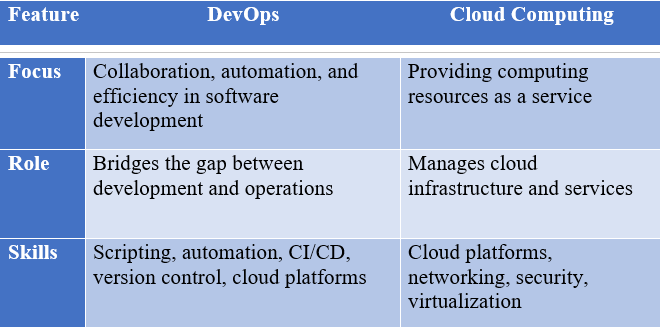

How to choose your Path?
It is not easy to decide about your career choices especially when you are making a career change so to make a well thought decision, consider the following factors:
Your Interests and Skills
The most important way to identify the career one must not ignore personal choices and interests because there are high chances that one would be successful In a field if it sparks its interest, so first get to know yourself and cross-check with the requirements of the fields, go for
DevOps:
If you enjoy problem-solving, automation, and working closely with development and operations teams, DevOps might be a good fit.
Cloud Computing:
If you have a strong interest in infrastructure, networking, and managing IT resources, cloud computing could be your ideal path.
Career Goals
Both DevOps and cloud computing are driving digital transformation, and the demand for skilled professionals in both areas is expected to continue growing. However, another important factor to consider is what are your career goals what do you want to achieve with this new skill or this career change. If you are sure in your thoughts and plans you can perform exceptionally to achieve those goals
DevOps:
DevOps professionals are in high demand across industries, and the role offers opportunities for career growth and specialization
Cloud Computing:
Cloud computing is a rapidly expanding field with a wide range of job roles, from cloud architect to cloud security engineer.
The Overlap Between DevOps and Cloud Computing
It's important to note that DevOps and cloud computing are often interconnected. Many DevOps practices rely on cloud platforms for infrastructure and deployment. Similarly, cloud engineers often implement DevOps principles to automate cloud operations.
Core Concepts and Principles
DevOps
Collaboration: Breaking down silos between development and operations teams.
Automation: Using tools and scripts to reduce manual tasks.
Continuous Integration and Continuous Delivery (CI/CD): Frequent code integration and automated deployment.
Infrastructure as Code (IaC): Managing infrastructure through code.
Monitoring and Logging: Continuously tracking system health and performance.
Cloud Computing
On-demand self-service: Users can provision cloud resources without human interaction.
Broad network access: Resources are accessible from anywhere with an internet connection.
Resource pooling: Cloud providers share physical resources among multiple consumers.
Rapid elasticity: Resources can be scaled quickly to meet changing demands.
Measured service: Users pay only for the resources they consume.
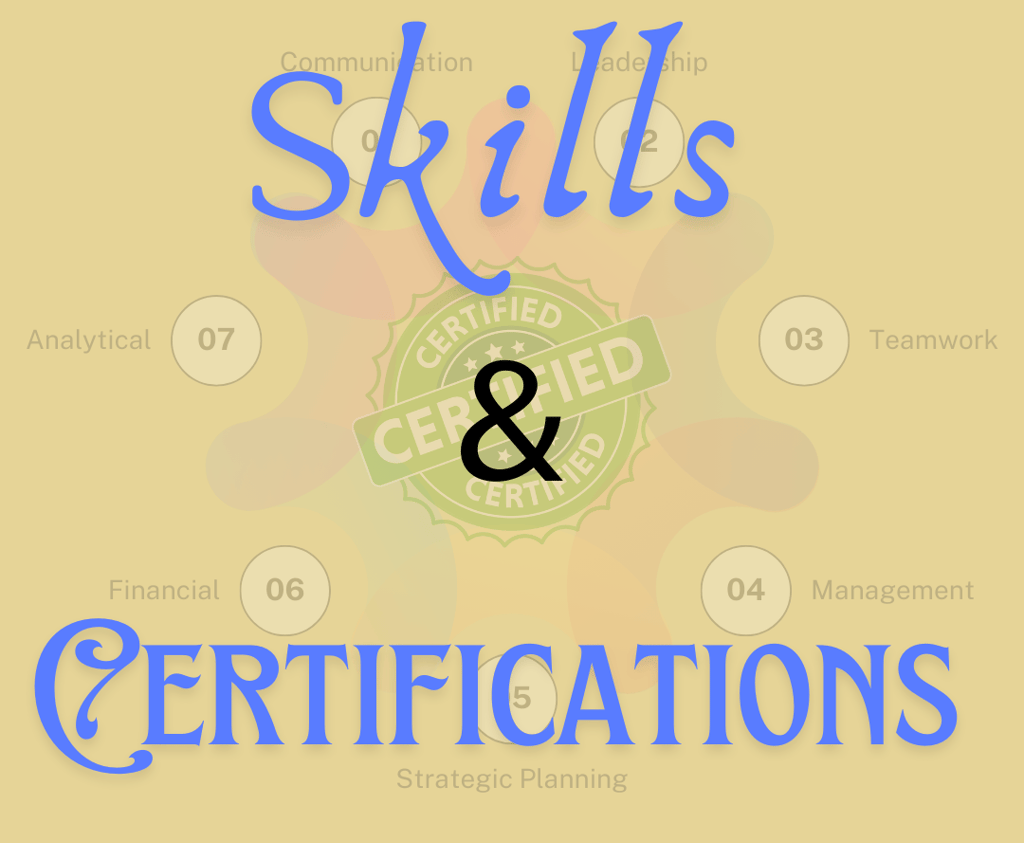

Key Skills and Certifications
DevOps
Soft Skills: Collaboration, communication, problem-solving, adaptability.
Technical Skills: Scripting (Python, Bash), version control (Git), CI/CD tools (Jenkins, GitLab),Container Orchestration (Kubernetes) cloud platforms (AWS, Azure, GCP), IaC tools (Terraform, Ansible), configuration management (Puppet, Chef).
Certifications: DevOps Institute certifications, Certified Kubernetes Administrator (CKA).
Cloud Computing
Soft Skills: Problem-solving, critical thinking, adaptability.
Technical Skills: Networking, security, virtualization, cloud platforms (AWS, Azure, GCP), cloud services (IaaS, PaaS, SaaS).
Certifications: AWS Certified Solutions Architect, Azure Certified Cloud Engineer, Google Cloud Certified Professional Cloud Architect.
After the clear explanation of these two technology careers you still need to know what career paths you will be having Infront of you, we will be excited about the various job roles that each of these offers to you if you have the relevant certificates and necessary skills.
DevOps Career Paths and Core Skills:
1. DevOps Engineer
Role: Responsible for automating and streamlining the software development lifecycle.
Core Skills:
o Strong scripting abilities (Python, Bash, PowerShell)
o Version control (Git)
o Continuous Integration and Continuous Delivery (CI/CD) pipelines (Jenkins, GitLab CI/CD)
o Cloud platforms (AWS, Azure, GCP)
o Infrastructure as Code (IaC) tools (Terraform, Ansible)
o Configuration management (Puppet, Chef)
o Networking fundamentals
o Problem-solving and troubleshooting
2. Site Reliability Engineer (SRE)
Role: Focuses on improving system reliability and performance through software engineering practices.
Core Skills:
Strong programming skills (Python, Go)
System administration (Linux)
Cloud platforms (AWS, Azure, GCP)
Monitoring and alerting tools (Prometheus, Grafana)
Automation (Ansible, Puppet, Chef)
Incident response and management
Capacity planning and performance optimization
3. Release Manager
Role: Oversees the software release process from development to deployment.
Core Skills:
Project management
Change management
Risk management
Understanding of software development lifecycle
Knowledge of CI/CD pipelines
Communication and collaboration skills
4. Automation Engineer
Role: Builds and maintains automation frameworks and scripts.
Core Skills:
Programming languages (Python, Java, Ruby)
Testing frameworks (Selenium, JUnit)
Automation tools (Ansible, Puppet, Chef)
Understanding of CI/CD pipelines
Problem-solving and analytical skills
5. DevOps Architect
Role: Designs and implements DevOps strategies and architectures.
Core Skills:
Strong understanding of DevOps principles and practices
Cloud architecture (AWS, Azure, GCP)
Enterprise architecture
Security best practices
Leadership and communication skills


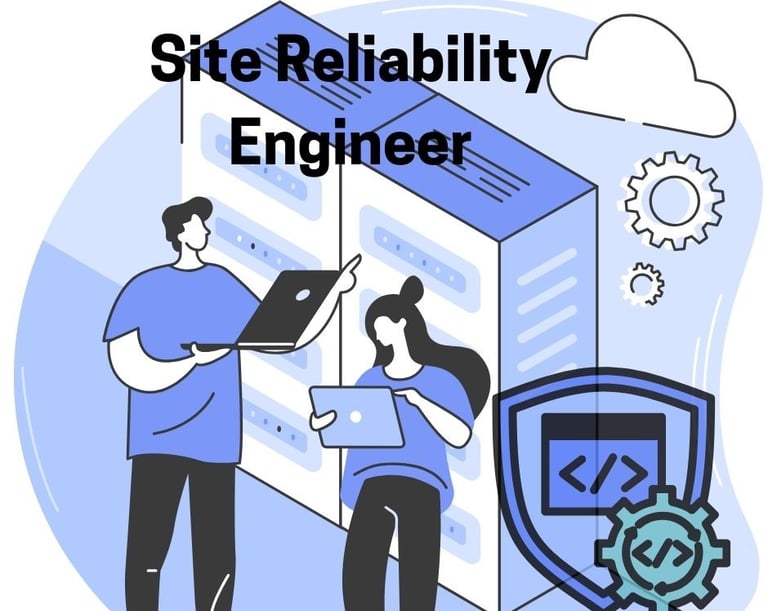

Cloud Computing Career Paths and Core Skills
1. Cloud Engineer
Role: Manages and administers cloud-based IT infrastructure.
Core Skills:
Cloud platforms (AWS, Azure, GCP)
Virtualization technologies
Networking fundamentals
Security best practices
Scripting (Python, Bash)
Problem-solving and troubleshooting
2. Cloud Architect
Role: Designs and implements cloud-based IT solutions.
Core Skills:
Deep understanding of cloud platforms (AWS, Azure, GCP)
Enterprise architecture
Security best practices
Cost optimization
Strong communication and presentation skills
3. Cloud Security Engineer
Role: Protects cloud-based systems and data from threats.
Core Skills:
Security principles and practices
Cloud security certifications (AWS Certified Security Specialist,
Azure Security Engineer Associate)
Network security
Risk assessment and management
Understanding of compliance regulations (GDPR, HIPAA, PCI DSS)
4. Cloud Developer
Role: Builds and deploys applications on cloud platforms.
Core Skills:
Programming languages (Python, Java, Node.js)
Cloud development frameworks (AWS Lambda, Azure Functions)
DevOps practices (CI/CD)
Understanding of cloud-native architectures (microservices, containers)
5. Cloud Solutions Architect
Role: Designs and implements cloud-based solutions to meet business requirements.
Core Skills:
Strong understanding of cloud platforms (AWS, Azure, GCP)
Business acumen
Solution architecture
Communication and presentation skills
Technical depth across various cloud services


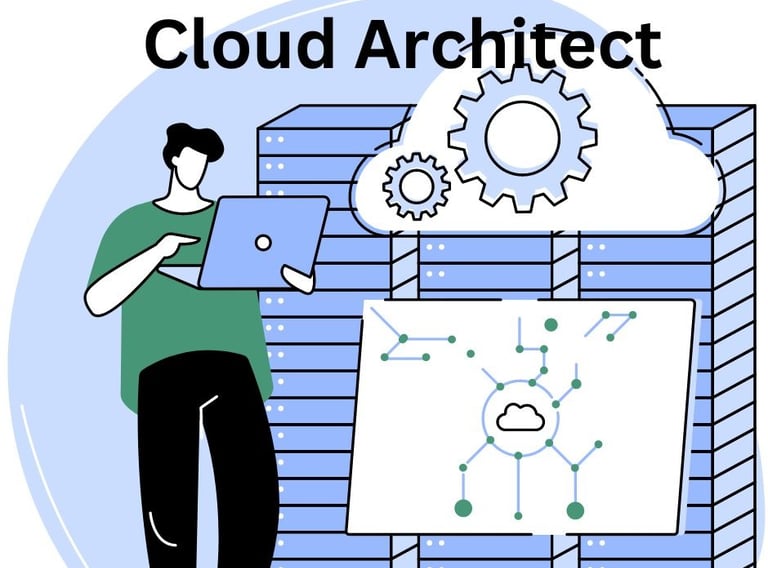

Conclusion:
DevOps, a collaborative approach that integrates development and operations, accelerates software delivery through automation and streamlined processes. Cloud computing, with its inherent flexibility, scalability, and on-demand resources, provides the ideal platform for DevOps to thrive. By combining these two powerful forces, organizations can break down silos, enhance collaboration, and expedite the delivery of high-quality software. This synergy, often referred to as Cloud DevOps, has proven to significantly boost software delivery performance, with studies indicating an 81% increase in efficiency for companies adopting both practices. The cloud's ability to foster a DevOps culture and open doors to new possibilities, such as CloudSecOps and DevOps as a Service, further solidifies its role as the ideal ecosystem for DevOps to flourish.

bazknowledge@gmail.com
Social media
Subscribe to our newsletter
0092-300-8-56-3209
Copyright (c),2025, BAZTechKnow All rights reserved.
BAZTechKnow
Your career GROWTH partner!
OneStop solution for all of your technical needs, from solution designing & implementation to Training / Consultation for ICT, Cloud, Kubernetes & DevOps
